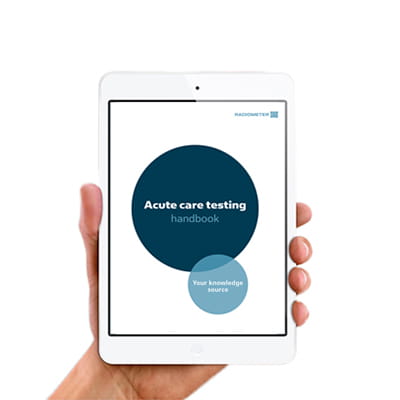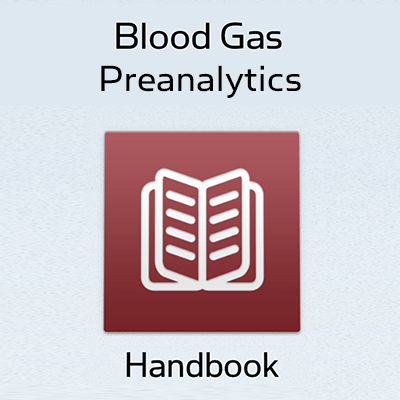Printed from acutecaretesting.org
July 2005
Blood gases and pulmonary embolus
Summarized from Maloba M, Hogg K. Diagnostic utility of arterial blood gases for investigation of pulmonary embolus. Emerg Med J 2005; 22: 435-36.
Pulmonary embolus (PE) results in a mismatch between alveolar perfusion and ventilation, with potential for development of hypoxemia (reduced pO2) and hypocapnia (reduced pCO2), so that arterial blood gases (ABG) are frequently ordered for patients either suffering or suspected of suffering PE.
Is it possible to make or exclude a diagnosis of PE on the basis of ABG results? That was the question that a recent short-cut review of the literature was designed to answer. A Medline search using relevant key words produced 459 papers of which six were judged to provide the best evidence to answer the question.
Analysis of the results of the research contained in these six papers allowed the conclusion that pO2 and/or pCO2 are not sufficiently sensitive/specific for PE. ABG cannot be used alone to make or exclude a diagnosis of PE.
May contain information that is not supported by performance and intended use claims of Radiometer's products. See also Legal info.
Acute care testing handbook
Get the acute care testing handbook
Your practical guide to critical parameters in acute care testing.
Download nowRelated webinar
Evolution of blood gas testing Part 1
Presented by Ellis Jacobs, PhD, Assoc. Professor of Pathology, NYU School of Medicine.
Watch the webinar








